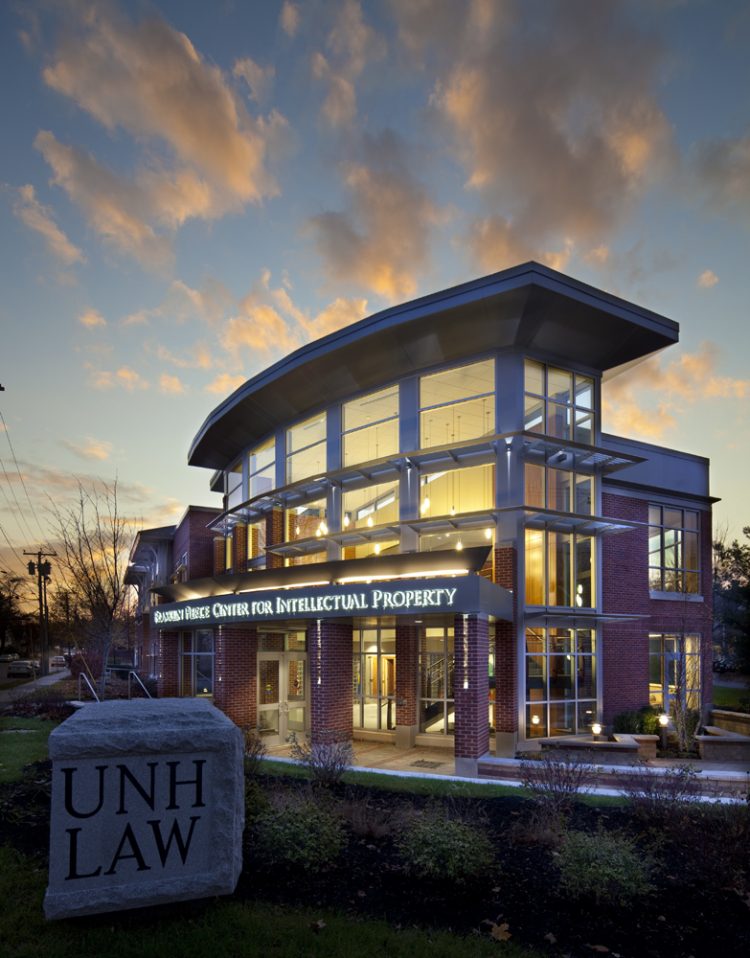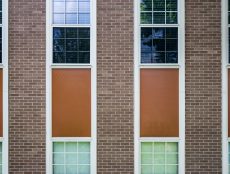
Articles
Editor’s Picks
Education Technology
Higher Education
Interviews
Online J.D. Programs Had to Emphasize Quality to Gain Accreditation. Now Educators Fear Negative Attitudes to Online Learning Will Mount After the Pandemic Subsides.
By Henry Kronk
April 27, 2020
While online learning has taken hold in many disciplines, J.D. degree programs have been slow to follow. The American Bar Association (ABA), the sole accreditor of juris doctor programs in the country, has only recently warmed to the idea. For years, they resisted change, citing low quality and poor academic results from online programs as their main reason for withholding their blessing. The handful of law programs that have gained ABA approval for their online J.D. did so by placing a huge emphasis on the quality of their programs. Now, with in-person law programs across the country moved hurriedly online, some educators fear their programs’ reputation is about to suffer.
“It’s important to distinguish between emergency remote instruction and quality online learning,” said University of New Hampshire Franklin Pierce School of Law Dean Megan Carpenter. “The type of online hybrid instruction that we and that other law schools offer in their hybrid JD programs—it’s a very different animal. I hesitate when I hear people discussing this as an experiment.”
The Fight to Gain Accreditation for Online J.D. Programs
For many years, the ABA has allowed online learning on a limited basis. The organization’s Standard 306: Distance Education stipulates that a law student can’t conduct more than one third of their degree online. Until recently, first-year students were further limited from studying online.
But in the past few years, the ABA has begun to grant variances to a handful of schools. Mitchell Hamline School of Law was the first to launch an online J.D. in 2015. They were soon followed by law programs at Loyola University, Syracuse University, Southwestern Law School in Los Angeles, the University of New Hampshire, University of Dayton, and many others.
While some use the shorthand of ‘online J.D.’ to describe these programs, they are all technically blended or hybrid, involving a short amount of instruction on campus throughout the degree.
According to the ABA, their primary concern has always been the quality of education.
“There initially was skepticism in the legal education community about distance learning, which mirrored concerns in higher education generally,” said ABA Managing Director of Accreditation and Legal Education Barry Currier in a previous interview. “eLearning was linked in the minds of many to ‘correspondence’ education, which the ABA Standards had never allowed as a permissible form of legal education.”
To respond to this concern, educators had to make the case that they could deliver the same quality of instruction online as they do face-to-face.
Reaching Online and In-Person Parity
Syracuse University College of Law’s JDinteractive, for example, stakes a claim as the first “fully interactive” hybrid or online J.D. program. Even for the asynchronous portions of the degree, faculty working with instructional designers have created numerous features that require students engage with and respond to the material they’re learning.
“My general rule of thumb, which I’ve communicated with our faculty, IT staff, and instructional designers, is that you shouldn’t be able to take a JDi course while you’re doing the dishes,” said Nina Kohn, who serves as the David M. Levy Professor of Law and Faculty Director of Online Education at Syracuse.

“A student told me that he had gone for a dental procedure with the hope that he’d be able to complete the week’s asynchronous lesson while waiting in the dentist’s office. But once he tried, he realized it would be impossible because of the constant embedded exercises. I thought to myself, ‘Good, I’ve done my job.’”
UNH also built their online program with the view that it had to match or exceed in-person instruction. Their intention was partially inspired by the need to support the ‘Externship’ aspect of their degree. Modeled on medical residencies, UNH law students spend a large portion of their second and third years working in a legal capacity, which often takes them away from campus.
Enter Coronavirus
When the outbreak of COVID-19 reached the U.S. and shut down virtually all face-to-face instruction, the ABA issued a memo encouraging institutions to respond to the pandemic by going online and allowed that the pandemic could “necessitate or make advisable some departure from the normal operation of the law school’s J.D. program.”
Online J.D. programs were well-equipped to transition their in-person students online. “We were lucky in that we had the capacity to easily move in-person students over to the online modality,” Syracuse Professor and Faculty Director Nina Kohn said. “We have a student affairs office that’s used to working with students remotely. We have an office of career services that knows how to make programming available online. We have an IT staff that understands how to support faculty and students on Zoom.”
“Our transition has been seamless,” UNH Dean Megan Carpenter said. “We already demonstrated to the ABA that we can provide services for students across the board remotely. We can provide things like, for example, library services with chat functions. We’re very well prepared for for this moment.”
An ‘Experiment’
While online J.D. programs were well-positioned to respond to the COVID-19 outbreak, the vast majority of law institutions in the U.S. were less prepared. Across fields of study, institutions of higher education had to move their classes online, regardless of whether professors, instructors, faculties, and administrations had any experience with digital pedagogy.

As a result, there is a vast difference currently between online degrees that have been designed to emphasize quality and those that have been forced to maintain instructional continuity.
Many members of the public and the media, however, have not made this distinction. Furthermore, many have cast the rapid transition online as an experiment that will serve as a referendum on all online learning.
NPR aired a segment titled “The Biggest Distance-Learning Experiment: Week One.” In an article for the Brookings Institute, Southern New Hampshire University (one of the largest online schools in the country) President Paul LeBlanc also described the transition as an “experiment in online learning.”
In an essay titled “Coronavirus and the Great Online-Learning Experiment” for the Chronicle of Higher Education, history of education Professor Jonathan Zimmerman wrote, “For the first time, entire student bodies have been compelled to take all of their classes online. So we can examine how they perform in these courses compared to the face-to-face kind, without worrying about the bias of self-selection.”
Educators who have sought to emphasize quality in their remote courses—including in online J.D. programs—don’t necessarily see things this way.
“I’m impressed by how quickly law schools responded to the Covid-19 crisis,” Professor Kohn said. “However, I do have two big concerns about how the rapid move online it will affect the future online learning, both as it relates to J.D. programs and to higher education more broadly. First, I worry that that, because of the fast or even frantic move to bring courses online, there wasn’t sufficient emphasis on maintaining quality. As a result, faculty and students are experiencing online classes that are of marginal quality—and this may create low expectations for future online learning. It may discourage the intensive work that faculty and institutions need to be doing to effectively support student learning in the online space.
“Second, I’m concerned that this period of online learning will leave a bad taste in people’s mouths. Students will look back on this time as a period in which their education suffered. Educators and administrators who remain skeptical of the online modality, in turn, will have their fears confirmed. As a result, the overall reputation of online learning may suffer because the version of online learning most people will have experienced will have little resemblance to best practice.”
UNH Dean Megan Carpenter is quick to emphasize that teaching with digital technology shouldn’t necessitate a lower quality learning experience:
“It’s not an either-or thing. When we use the term hybrid, I think we really need to take that literally. There are so many opportunities to engage face-to-face and using technology together that enhance the learning experience for students across the board. I hope that this situation forces us all. I hope we get to that place where that light bulb goes off–where that little piece of magic might happen–and we figure out how to teach and learn in a new way.”









No Comments